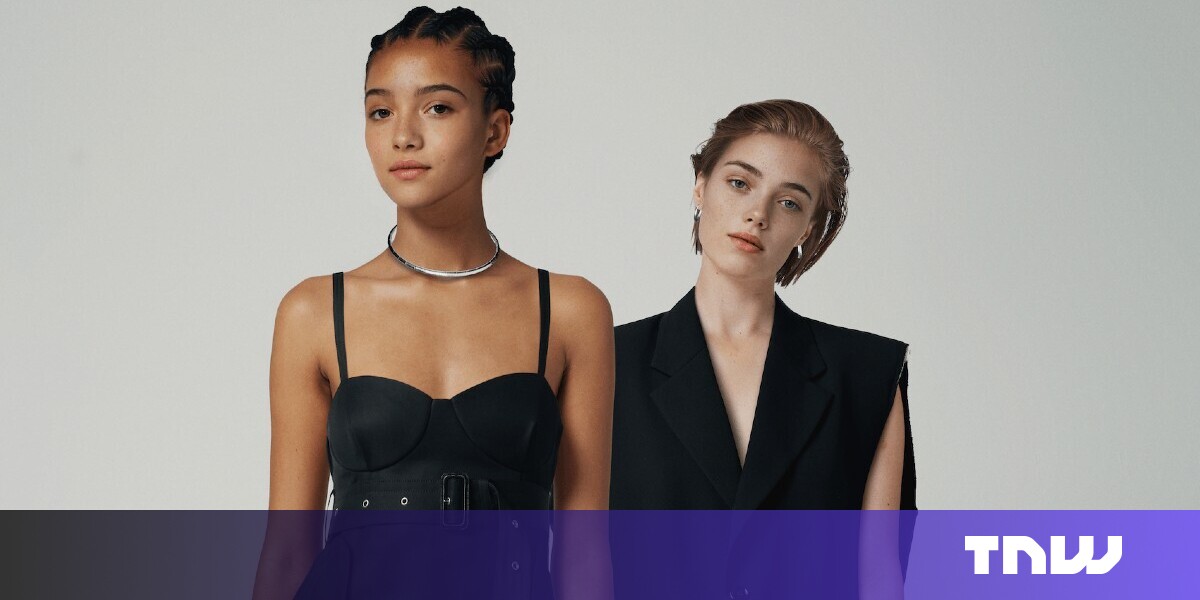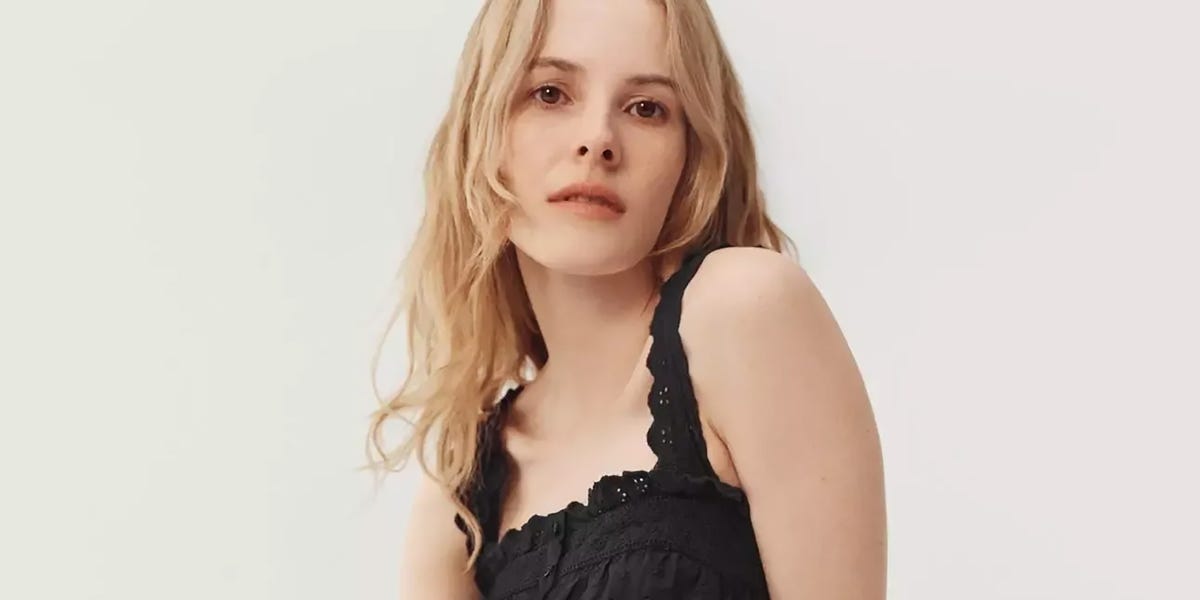Dutch startup Lalaland, a pioneer of AI-generated fashion models, has been snapped up by software firm Browzwear for an undisclosed sum.
Based at TNW City in Amsterdam, Lalaland quickly made waves — and sparked debate — after launching its customisable, realistic AI avatars in 2019. They’re pitched as a way for brands to save money while showcasing more diversity in their advertisements.
Browzwear, best known for developing 3D design tools that let fashion brands prototype clothes without making physical samples, had previously used Lalaland’s tech. With the acquisition, CEO Greg Hanson says the company is bringing the Lalaland team fully “in-house.”
“Our customers want absolute confidence in their digital twins,” said Hanson. “Lalaland’s hyper-realistic, diverse AI models supercharge that trust and dramatically cut the time between concept and commerce.”
Browzwear will integrate Lalaland’s AI team into its R&D division, where they’ll focus on improving the accuracy of virtual body shapes for better fit prediction. They’ll also use AI to generate diverse, size-inclusive model avatars and automate product imagery, reducing the need for traditional photo shoots.
These efforts aim to boost Browzwear’s flagship digital twin software, which enables designers to create a virtual version of a garment — complete with fit, fabric, and style — just minutes after sketching the idea.
Michael Musandu, co-founder and CEO of Lalaland, said that when the company first started working with Browzwear, “the synergy was obvious.”
“Joining forces now is a no-brainer,” he added.
Musandu, who was born in Zimbabwe, co-founded Lalaland after growing frustrated by the lack of representation in fashion modelling. “One model does not represent everyone that’s actually shopping and buying a product,” he told the Associated Press last year. “As a person of colour, I felt this painfully myself.”
Yet the use of AI-generated avatars has also sparked controversy. In March 2023, denim brand Levi’s revealed plans to test Lalaland’s AI-generated avatars to showcase more diverse body types and underrepresented groups on its website.
The move led to accusations that Levi’s was looking for a shortcut to the commercial benefits of diversity. A few days after the announcement, the brand put out another statement saying that it remains committed to live photo shoots, real models, and authentic diversity.
Musandu, meanwhile, insists that Lalaland was never designed to replace traditional photo shoots — or human models.
“We believe human models will continue to play a vital role in the fashion industry, establishing genuine connections with consumers; our technology aims to support this,” he said shortly after the Levi’s controversy.
“And, yes — we need more of them to come from underrepresented groups if fashion companies are serious about inclusion efforts.”


